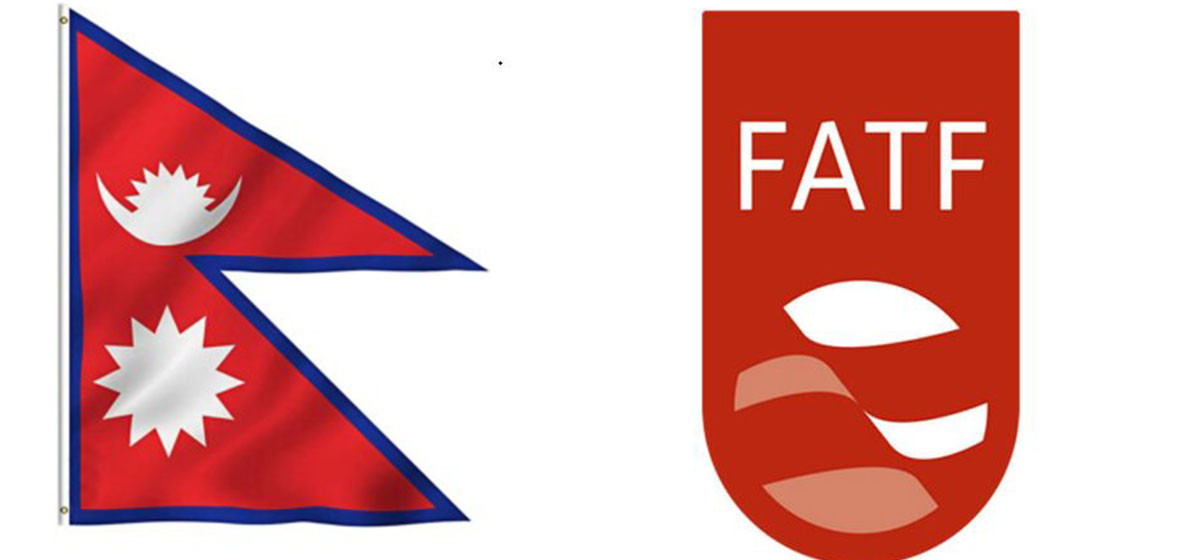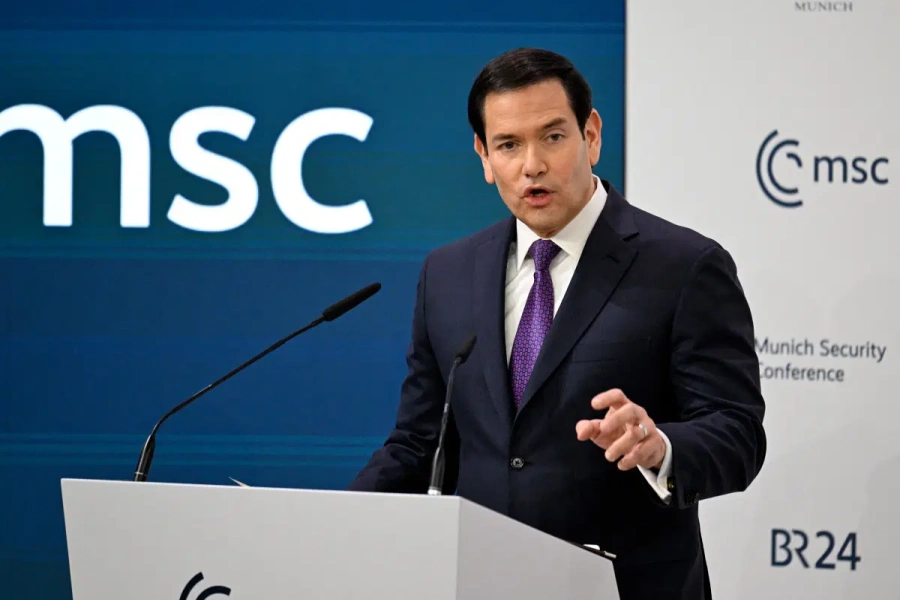In a development that could potentially bring further trouble in its ailing economy, Nepal has been placed on the Financial Action Task Force (FATF) grey list. This is the second time Nepal has been placed on the FATF grey list after it successfully emerged out of the list in 2014, nearly six years since its inclusion in 2008. Nepal now risks being in the black list where it will face international transaction hurdles and sanctions if it fails to address the FATF concerns within the next two years. The countries put in the FATF grey list suggest having strategic deficiencies in their anti-money laundering (AML) and counter-terrorist financing (CFT) regimes, but which are actively working with the FATF to address these issues. The placement of Nepal on the FATF ‘grey list’ should serve as a wake-up call for policymakers to strengthen laws against money laundering and terrorist financing. FATF's decision directly impacts Nepal’s international financial standing, further straining an economy already weakened over the past half-decade. Countries providing aid are likely to impose stricter conditions, and international investors may reconsider their decisions, potentially stalling much-needed economic growth. The country should act before it is too late.
FATF decides not to remove Nepal from Grey List for money laund...

FATF's primary objective is to combat money laundering, terrorist financing and financing of weapons of mass destruction. This also aims at identifying and mitigating risks from new technologies and improving compliance through sharing relevant experiences and developing solutions to the regional issues. While the overall objectives of the FATF are extremely good, the consequences of the move of FATF sometimes prove counterproductive to economically fragile countries like Nepal. The flip side of the stricter regulations and heightened scrutiny is that they may hinder foreign investment, increase the cost of international trade and may even push Nepal’s economy towards informal financial channels such as hundi, for remittances. This could create more opportunities for money laundering rather than curbing it. If we are to believe the government officials, the decision of FATF to put Nepal in the grey list appears rather hasty and ignores several crucial aspects. In June last year, the Asia Pacific Group on Money Laundering concluded in its assessment that Nepal was either compliant or progressing towards compliance in most areas. Furthermore, Nepal’s sovereign credit rating of BB minus by Fitch Ratings two months ago indicated a relatively stable financial environment. Given this context, Nepal’s sudden addition to the grey list raises questions.
In this regard, it is extremely important that the government and the Nepal Rastra Bank clarify the actual reasons behind FATF’s decision to place Nepal in the grey list in a transparent manner and communicate the situation to the public and the international community. If this was the only issue of legislation, the government, which was ready to bring a number of ordinances barely a week before it summoned the winter session of the federal parliament, should answer why it did not introduce relevant legislations to avoid the country from falling into the FATF grey list. If it was the issue of implementation alone, it is important for the government to strengthen the implementation aspect. In either case, the government must take full accountability. That being said, it is important to recognize the fact that the FATF grey list does not present challenges alone. It also offers an important opportunity for Nepal to reform and strengthen its financial system. Our policymakers must work with urgency to enact more robust anti-money laundering laws and strengthen regulatory frameworks with adequate resources. However, the government should be careful to ensure that anti-money laundering legislations do not target legitimate businesses and individuals under the guise of compliance. Nepal must respond with a balanced approach—strengthening financial governance without stifling legitimate economic activities. The path to restoring international confidence will require strategic policy reforms, transparent communication and a commitment to fairness in enforcement. The government must seize this as an opportunity to build a more resilient and transparent financial system in Nepal. FATF’s grey list is a wake-up call for Nepal.



































